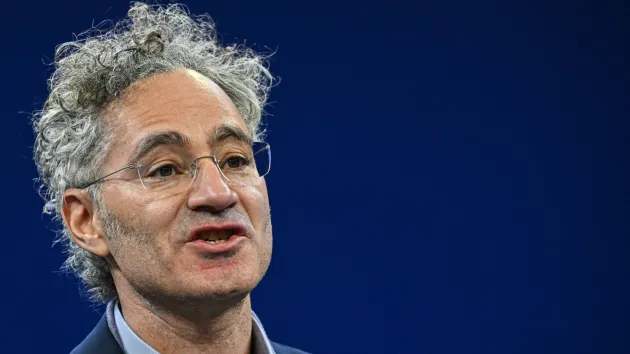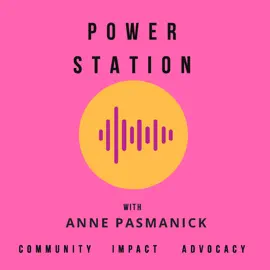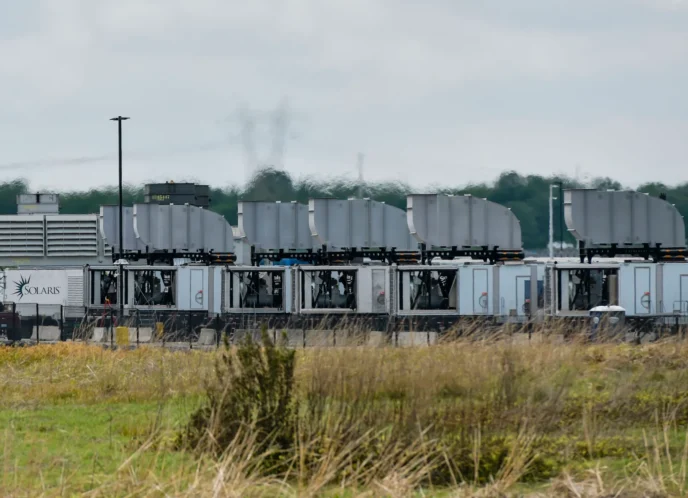As MediaJustice’s Executive Director for the past four years, I’ve witnessed firsthand how media and technology can both empower and oppress. The transformative events of 2020 to now —from the pandemic exposing digital inequities, to social media’s role in the January 6th insurrection, to the tech-enabled suppression of racial justice protests—have only underscored the urgency of our mission.
We’ve won many victories: securing emergency broadband for millions, pressuring social media platforms to combat misinformation, and halting the sale of facial recognition and other surveillance technologies to police. Yet the sobering truth remains: we’re still losing ground in the fight for media and tech justice.
MediaJustice decided to embark on a strategic planning process to understand why this is happening, and these three stark realities stood out:
- Corporate Dominance: Media and Tech giants, in collusion with the State, wield an unprecedented amount of power over our lives online and offline.
- Disconnect: A deep divide separates D.C.-based policy advocates from the historically oppressed communities bearing the brunt of media and tech inequities. This gap weakens our collective voice and power.
- Short-term Thinking: We’ve settled for incremental wins that have failed to weaken the core power structure shaping our digital world. It’s time for us to aim higher.
These aren’t just observations, they’re a collective call to action. Today, we are announcing MediaJustice’s new organizational strategy — Shifting Terrain. This isn’t just another initiative. It’s a fundamental reimagining of how we reclaim our digital future. Here’s our best thinking on what MediaJustice will do to shift the conditions we need to win:
- Uniting Forces: We’re building bridges to make the field of media and tech justice stronger and more strategic. From local to national, grassroots to policy, researchers to tech workers, we’ll deepen relationships and collaboration that can take on entrenched power.
- Redefining the Narrative: It’s time to challenge the dominant ideas that shape media and technology. Through rigorous analysis and targeted education, we’ll cultivate a new “common sense” – one that puts racial justice and human liberation at the center.
- Strategic Campaigns: We’re done playing defense. Our campaigns will aim to block further industry expansion and build solutions that harness the power of media and technology for social movements and move us closer to a liberated society.
We envision a world where media and technology amplify the voices of oppressed people, serve the many rather than the few, and empower social movements to create lasting change.
This work demands courage, creativity, and an unwavering commitment to freedom — qualities the MediaJustice team embodies daily. But we can’t do it alone.
To frontline communities: we remain accountable to your experience. To policy experts: your knowledge is crucial. To everyone who dreams of a just digital world: we need you with us.
As we enter the AI era, our collective power will determine whether we shape the future or have it imposed upon us by Silicon Valley billionaires. MediaJustice has made its choice. Will you join us in this fight to shift the digital terrain and reclaim our media and technology?
The next chapter of MediaJustice is unwritten. Let’s author it together.
Read our Plain Language Translation of Shifting Terrain to access our new strategy in a more accessible format.



